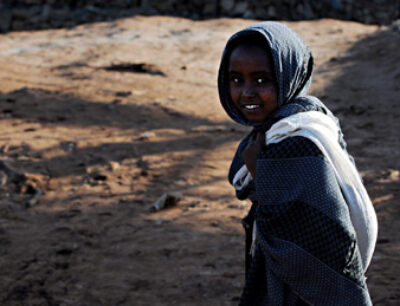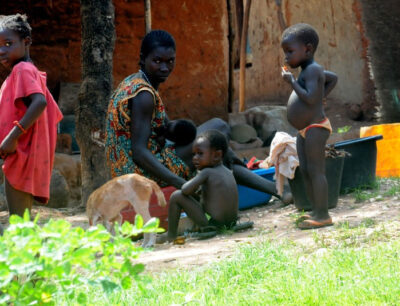Employment Vehicles
Empowering individuals with sustainable income opportunities through accessible resources and support. Helping people bu

Empowering individuals with sustainable income opportunities through accessible resources and support. Helping people bu

Our Travel Bridge Courses equip tribal communities with essential skills, education, and employment opportunities. This

Our program equips tribal youth with essential travel industry skills, opening doors to sustainable careers. Empowering
